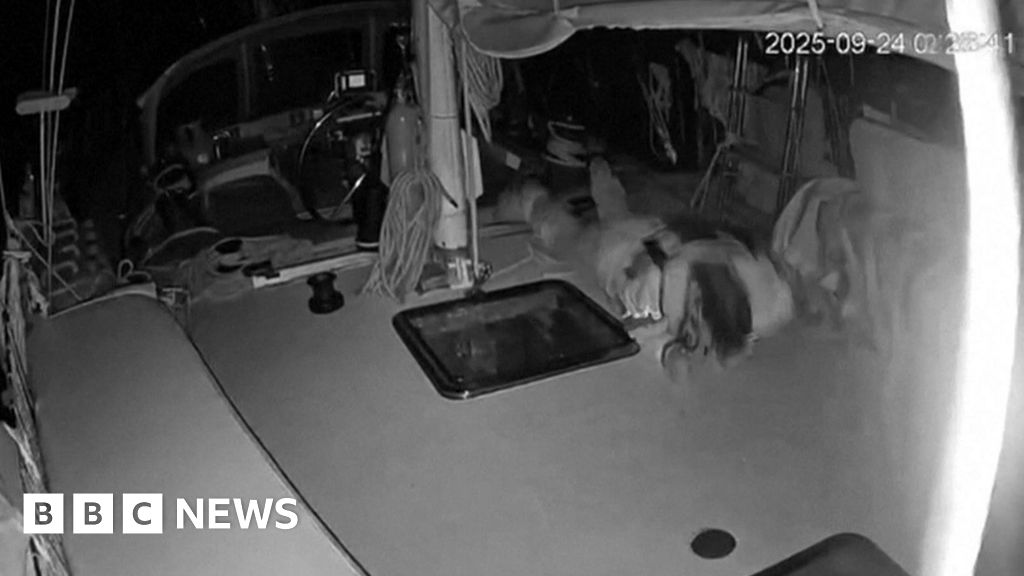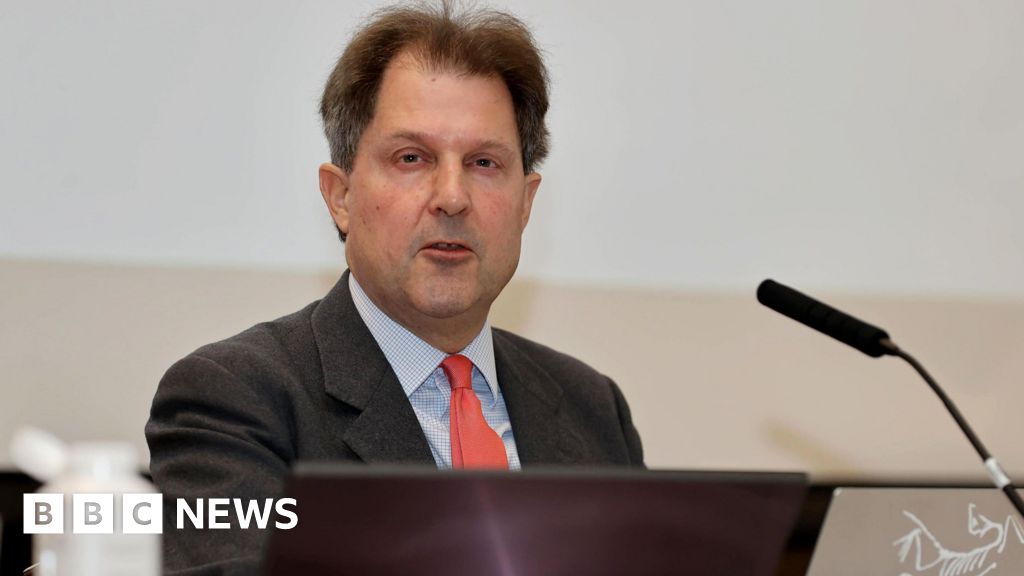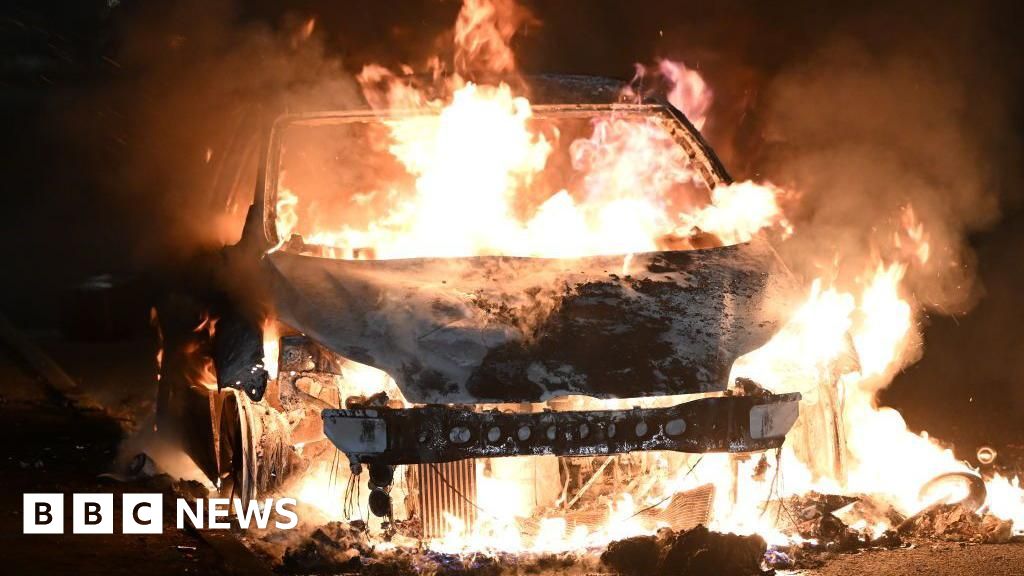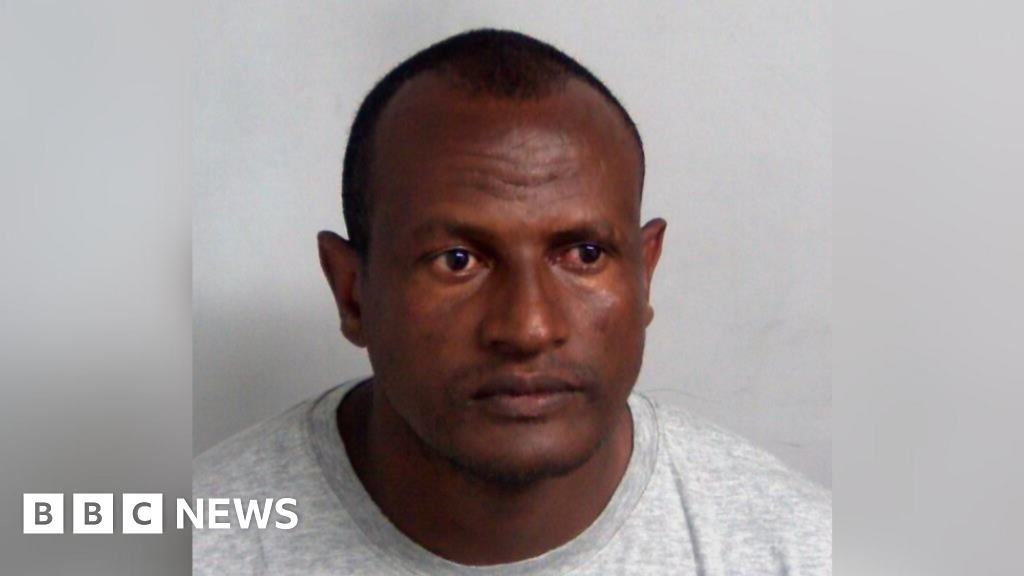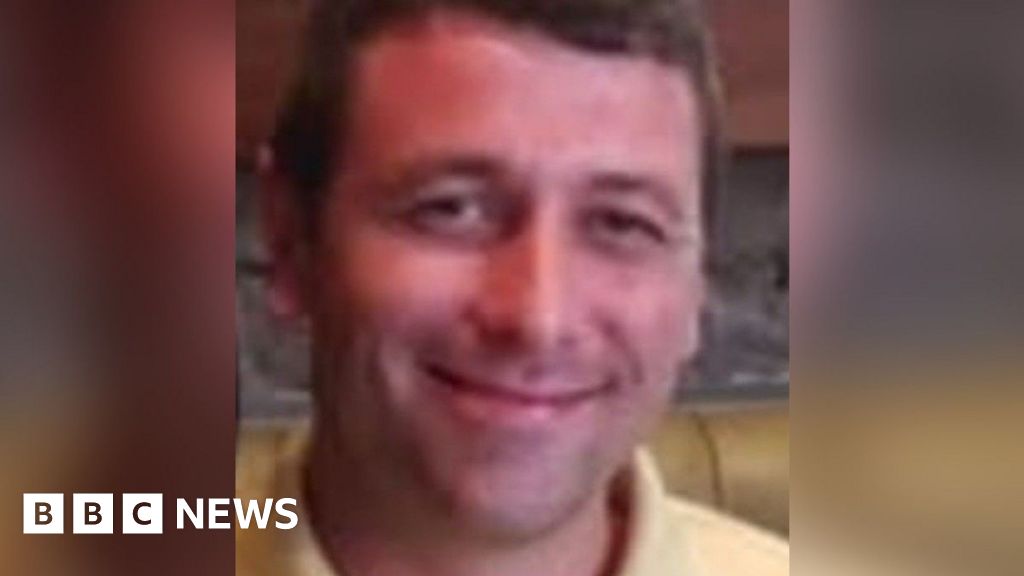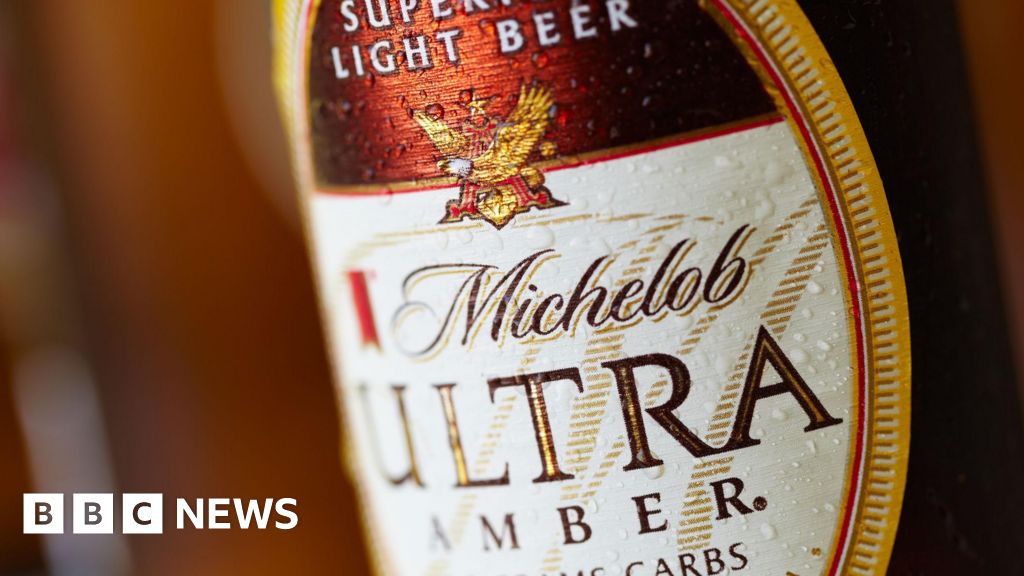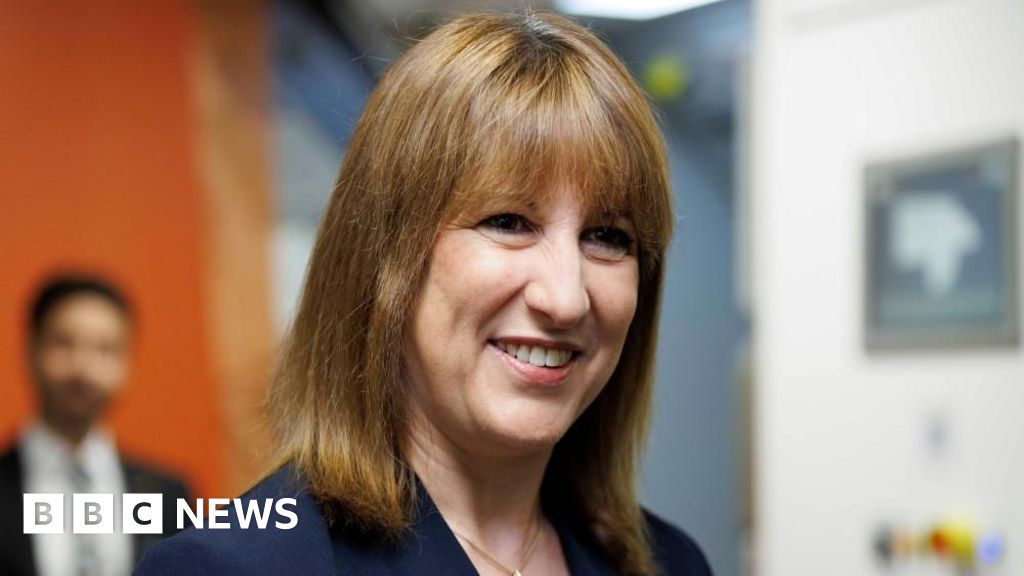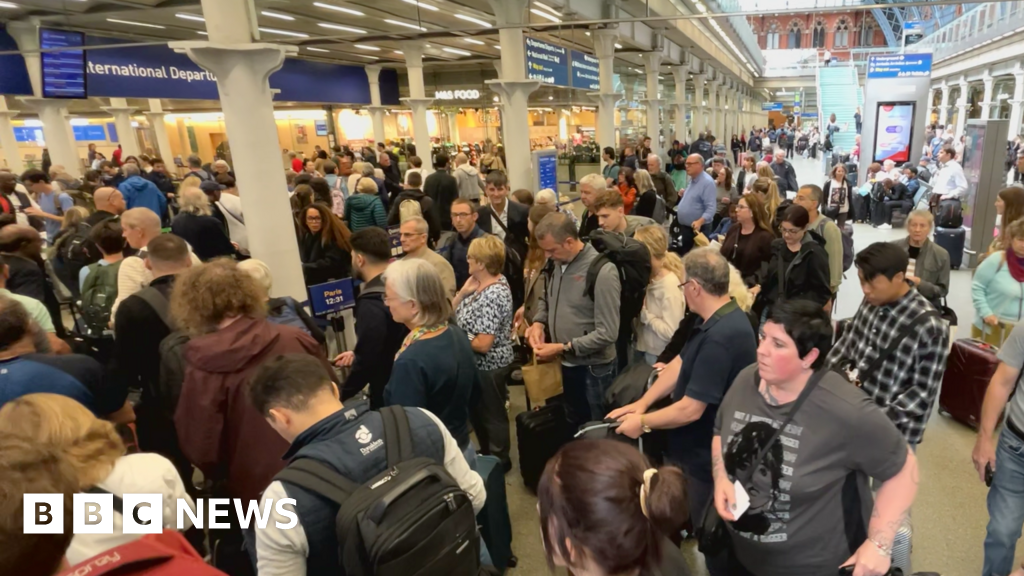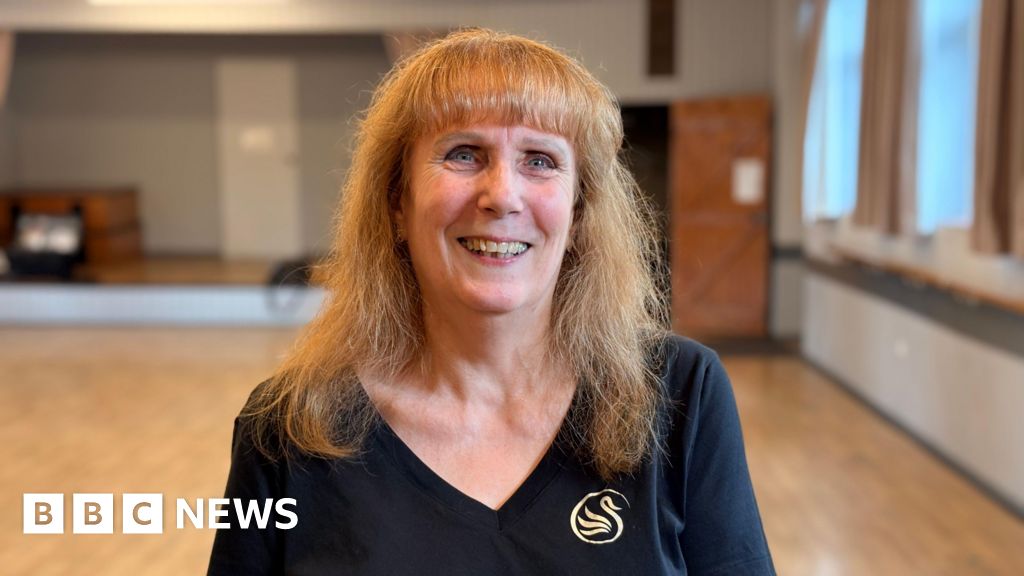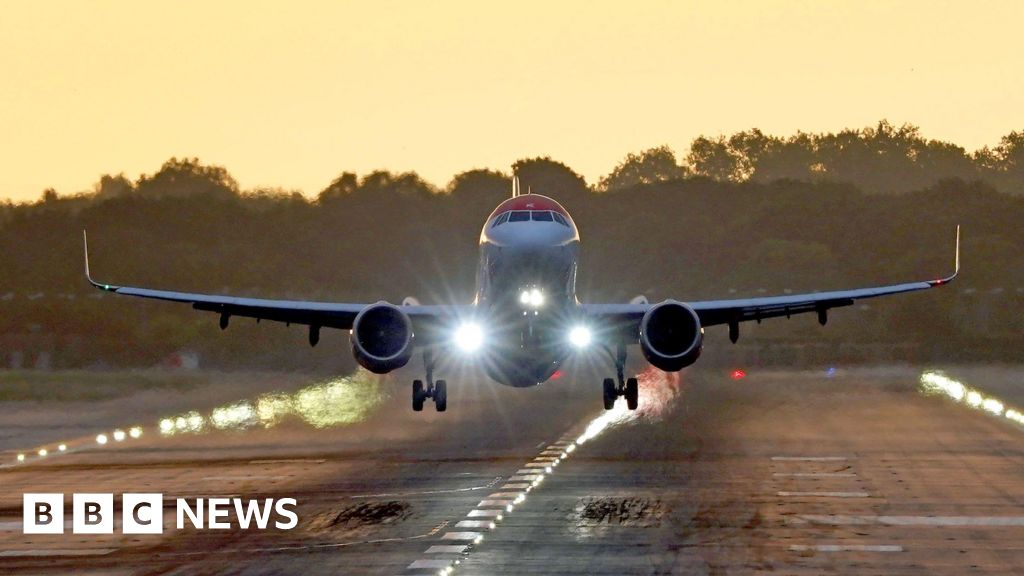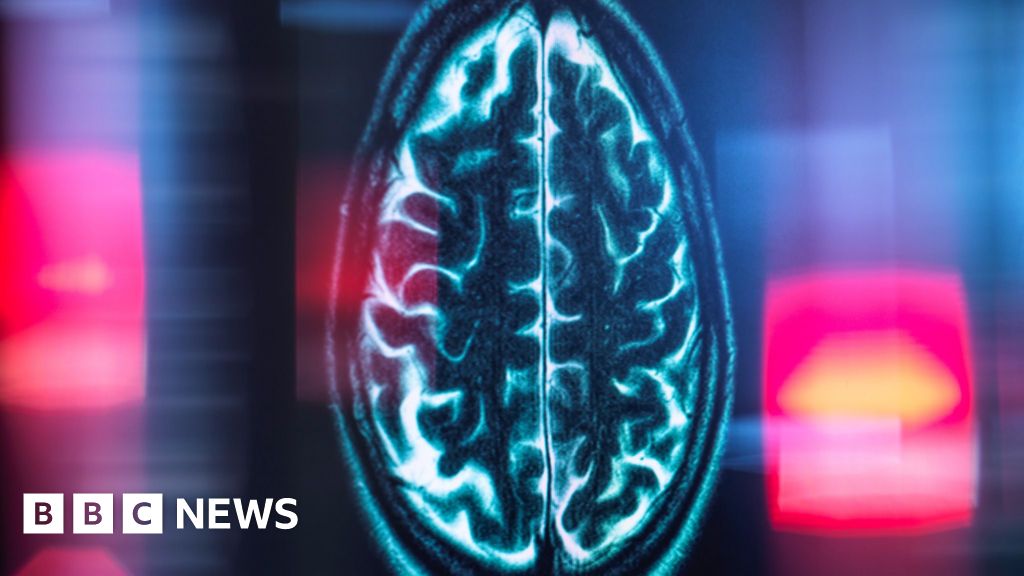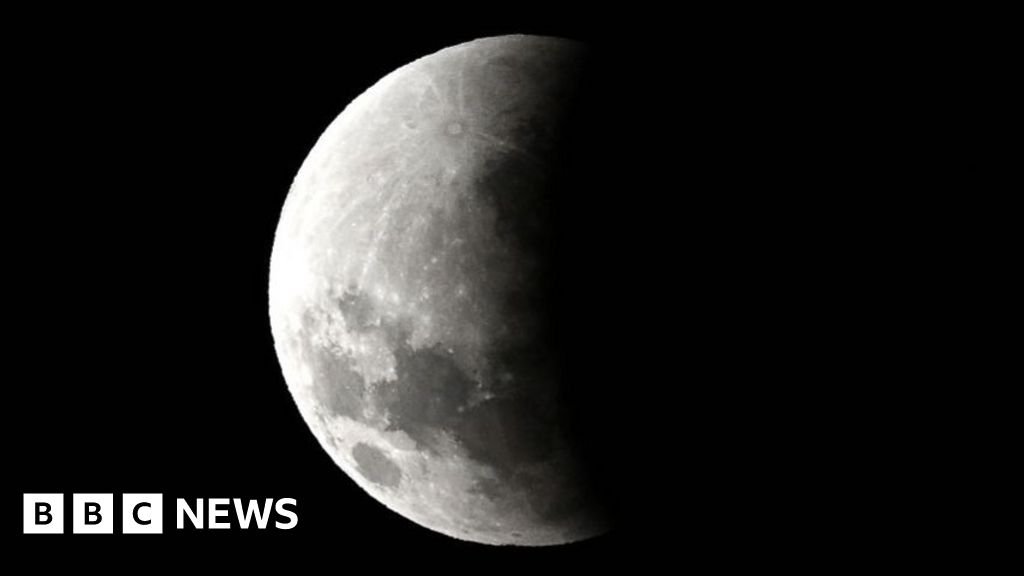Victoria GillScience correspondent, BBC News
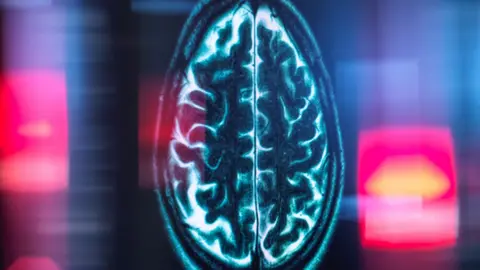 Getty Images
Getty ImagesScientists have for the first time located the “mileage clock” inside a brain – by recording the brain activity of running rats.
Letting them loose inside a small, rat-sized arena, the researchers recorded from a part of their brains that is known to be important in navigation and memory.
They found that cells there “fired” in a pattern that looked like a mileage clock – ticking with every few steps the animal travelled.
A further experiment, where human volunteers walked through a scaled up version of this rat navigation test, suggested that the human brain has the same clock.
This study, published in the journal Current Biology, is the first to show that the regular ticking of “grid cells”, as they are known, is directly connected to the ability to correctly gauge the distance we’ve travelled.
Brain fog
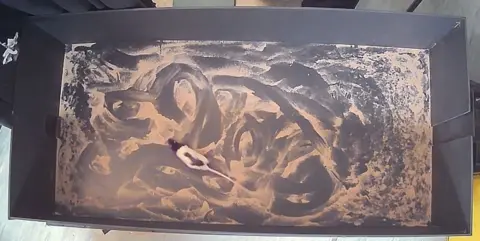 Stephen Duncan
Stephen Duncan“Imagine walking between your kitchen and living room,” said lead researcher Prof James Ainge from the University of St Andrews. “[These cells] are in the part of the brain that provides that inner map – the ability to put yourself in the environment in your mind.”
This study provides insight into exactly how that internal map in our brains works – and what happens when it goes awry. If you disrupt the ticking of that mileage clock by changing the environment, both rats and humans start getting their distance estimation wrong.
In real life, this happens in darkness, or when fog descends when we’re out on a hike. It suddenly becomes much more difficult to estimate how far we have travelled, because our mileage counter stops working reliably.
To investigate this experimentally, researchers trained rats to run a set distance in a rectangular arena – rewarding the animals with a treat – a piece of chocolate cereal – when they ran the correct distance and then returned to the start.
When the animals ran the correct distance, the mileage-counting cells in their brains fired regularly – approximately every 30cm a rat travelled.
“The more regular that firing pattern was, the better the animals were at estimating the distance they had to go to get that treat,” explained Prof Ainge.
The researchers were able to record the brain’s mileage clock counting the distance the rat had moved.
Crucially, when the scientists altered the shape of the rat arena, that regular firing pattern became erratic and the rats struggled to work out how far they needed to go before they returned to the start for their chocolate treat.
“It’s fascinating,” said Prof Ainge. “They seem to show this sort of chronic underestimation. There’s something about the fact that the signal isn’t regular that means they stop too soon.”
The scientists likened this to visual landmarks suddenly disappearing in the fog.
“Obviously it’s harder to navigate in fog, but maybe what we what people don’t appreciate is that it also impairs our ability to estimate distance.”
To test this in humans, the researchers scaled up their rat-sized experiment. They built a 12m x 6m arena in the university’s student union and asked volunteers to carry out the same task as the rats – walking a set distance, then returning to the start.
Just like rats, human participants were consistently able to estimate the distance correctly when they were in a symmetrical, rectangular box. But when the scientists moved the walls of their purpose-built arena to change its shape, the participants started making mistakes.
Prof Ainge explained: “Rats and humans learn the distance estimation task really well, then, when you change the environment in the way that we know distorts the signal in the rats, you see exactly the same behavioural pattern in humans.”
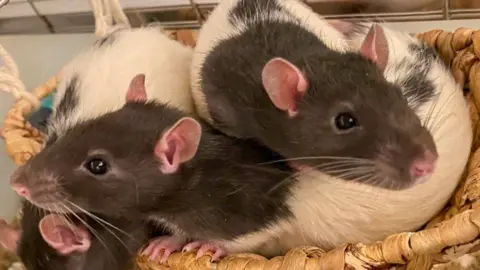 Silvia Ventura
Silvia VenturaAs well as revealing something fundamental about how our brains allow us to navigate, the scientists say the findings could help to diagnose Alzheimer’s Disease.
“The specific brain cells we’re recording from are in one of the very first areas that’s affected in Alzheimer’s,” explained Prof Ainge.
“People have already created [diagnostic] games that you can play on your phone, for example, to test navigation. We’d be really interested in trying something similar, but specifically looking at distance estimation.”
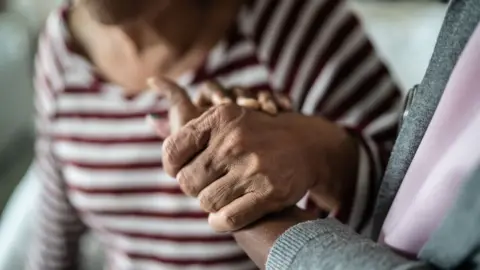 Getty Images
Getty Images

